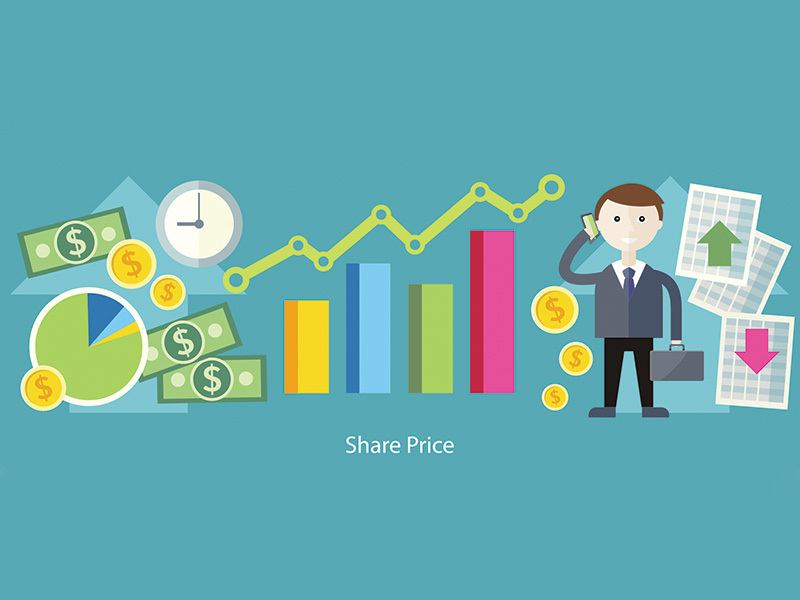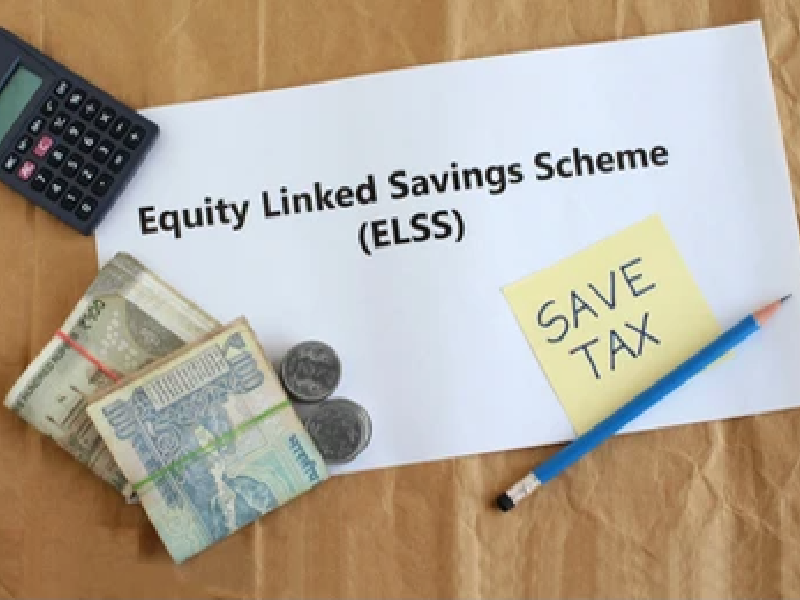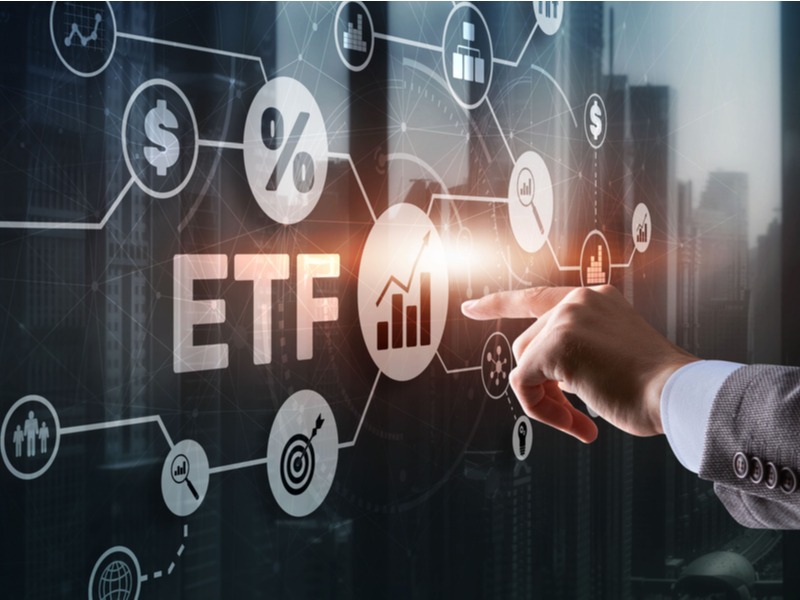
ETFs are Exchange Traded Funds, a relatively safer investment option of the stock market. These funds are a cluster of multiple securities that are formed usually in the same combination as the underlying index it tracks. The fund does not strive to generate excess returns over and above the returns of the index.
ETFs are also passively managed funds and do not require a horde of fund managers to manage the portfolio. These funds try to match the performance of the index it tracks. However, there might be some deviations which are known as tracking errors.
Investors can choose the type of ETF they want to invest in based on many factors that are discussed below. The fund that gives maximum returns and has low tracking errors is the ideal choice of fund to invest in.
Points to consider while investing in ETFs
There are many factors that influence the investor in their decision to invest in a particular ETF. Some of such factors are mentioned below.
-
Select the right type of ETF
There are many types of ETFs available in the Indian market. Some of such options are,
- Index ETFs
- Gold ETFs
- Debt ETFs
- Sector ETFs
- Currency ETFs
These options track the security or asset for its performance. Investors have to first select the type of ETF they wish to invest in before proceeding any further. You would need to take into effect various factors like your risk profile, expected rate of returns, investment time frame, etc before making an investment decision.
-
Pay attention to tracking errors
Tracking errors are the deviations that can occur in the fund while tracking the performance of the underlying security or asset. The investors should select the fund that has fewer tracking errors so the returns generated are relatively higher.
-
Higher trading volume of the ETF
The ETF fund having a higher trading volume will typically allow more liquidity which means that the investor can buy or sell the ETF more easily. Hence, it is advisable to choose a fund with a higher trading volume and more visibility which provides more liquidity to the investors.
-
Lower expense ratio
The expense ratio is the cost to the investor for investing in the fund. ETFs being passively managed funds, the expense ratio for investment in ETFs is relatively lower as compared to investment in mutual funds. Investors can select the fund that has a lower expense ratio to maximize their returns
How to invest in ETFs?
The process of investment in ETFs is fairly simple. After analyzing the market and choosing an ETF, the investors can invest in ETFs through the following steps.
-
Opening a Demat account
ETFs are traded on stock exchanges. Hence, investors need to have a Demat account for investment in ETFs. This account is mandatory for holding the securities in digital form.
-
Opening a trading account
The trading account is the online portal that is provided to the investors for purchasing and selling shares in real time. One of the most essential benefits of ETFs is trading in real time like stocks. A trading account is mandatory for such a benefit.
-
Documents needed to open the accounts
Opening a Demat account and trading account will require the investor to provide certain KYC Documents. These documents are an essential part of the account opening process without which the process is not complete. The documents needed to be submitted by the investor are,
- Identity Proof
The documents that can be provided by the investor as identity proof are,
- Passport
- Driving Licence
- PAN Card
- Address Proof
Documents relating to the address proof of the investor are,
- Passport
- PAN Card
- Latest Utility Bills
- Bank Details
Bank details of the investor are also an important part of the documentation. The investor has to provide details like,
- Name of the bank
- Branch name
- Account number
- IFSC Code
Modes of investment in ETF
After completing the above process of opening the necessary accounts, the investor is ready to invest in ETFs and trade on the basis of market research and analysis. Investors can invest in ETFs using the online mode of investment or offline mode of investment. These modes of investment in ETFs are detailed below.
-
Placing the trading order through the online trading mode
There are many options for online trading portals today (for example, mobile or app based trading portals) where buying and selling of ETFs like individual stocks can be done in real time with just a few clicks. Investors can invest in ETFs through such portals and trade actively at their convenience.
-
Placing the trading order through the broker/offline trading mode
The other option for the investors to trade in ETFs is the offline trading option, i.e. through brokers. The investor can contact the broker through the telephone to inform them about the trade specifications as well as seek their opinions to make the trade.
Conclusion
Investment in ETFs has gained huge popularity over the recent years and has become a very attractive investment option for investors, especially those that are risk averse or beginners in the stock market. ETFs have huge benefits and can be invested easily through online or offline modes which make it an easier option for investors to invest in.
Frequently Asked Questions
What makes ETFs a safer investment option for beginners?
ETFs try to match the performance of the underlying asset or the security that it tracks with minimum possible deviations. These funds do not try to outperform the underlying index and hence, do not carry a higher risk. The expense ratio of ETFs is also lower as compared to other types of investments like mutual funds. These factors make it a better or safer investment option for beginners.
What are some of the advantages of ETFs?
Some of the most common advantages of ETFs are,
Diversification
Lower expense ratio
Access to different markets
Lower risk
Higher liquidity
Real time trading
Is trading in ETFs similar to trading in individual shares?
Yes. ETFs can be bought and sold during market hours in real time just like individual shares or stock.
Can a person trade in ETFs through online modes?
Yes. Many brokers provide online trading portals which allow the investor to trade in the ETF in real time.
Are ETFs actively managed or passively managed funds?
ETFs in India are passively managed funds hence do not require an active team of fund managers to manage the fund.
Related Articles


























